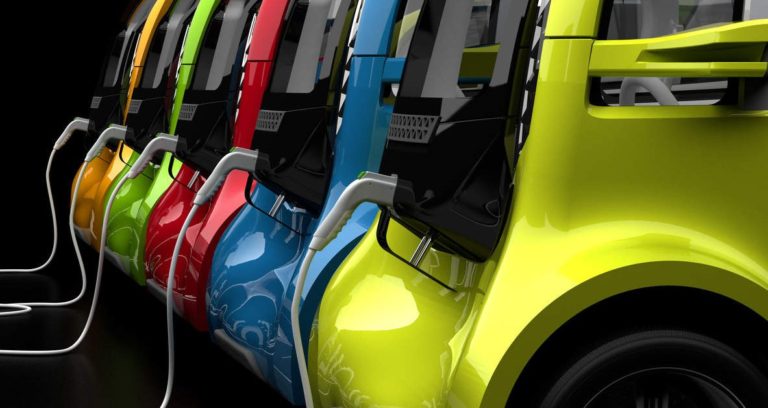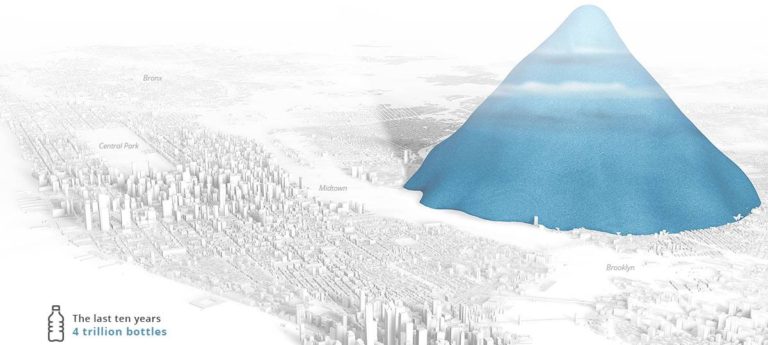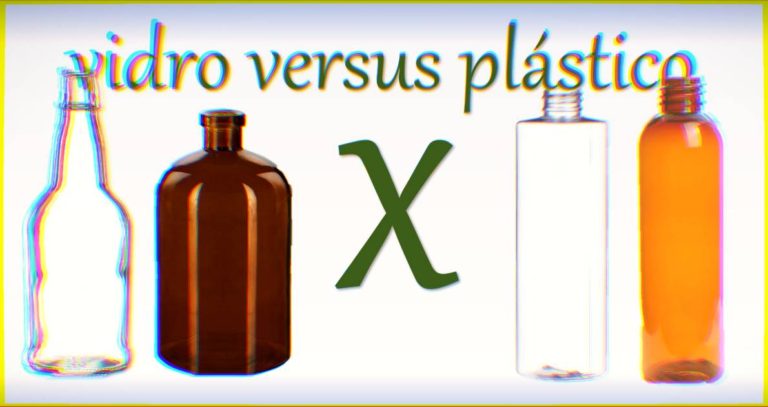Advertisements
Recyclables: In recent years, the importance of recycling has been widely publicized, and many people have become aware of the need to separate recyclable waste. However, the practice of properly separating recyclables still faces significant challenges. In this post, we will explore why properly separating recyclables is crucial and how you can contribute to a more sustainable future.

The Importance of Correct Separation
Properly separating recyclables is essential to the success of recycling processes. When waste is mixed together, it has less value to collectors and recyclers, which can lead to improper disposal and wasted materials that could be recycled. Here are some reasons why properly separating recyclables is so important:
- Efficiency in the Recycling Process: Separated materials allow for more efficient sorting and processing, resulting in higher quality recycled products.
- Waste Volume Reduction: Correct separation helps reduce the amount of waste sent to landfills and incinerators.
- Economic Value: Separated recyclables have greater value to recyclers, which can make the recycling process more economically viable.
The Reality of Collectors
It is common to find recycling bins in public places, such as shopping malls, clubs and train stations, with different colors for plastic, paper, glass and metal. These bins are designed to facilitate the separation of recyclables and promote recycling. However, the reality is that the waste in these bins is often mixed together, which defeats their purpose.
Why Does This Happen?
- Lack of Habit: Many people have not yet developed the habit of separating recyclables consistently.
- Convenience vs. Effort: Separating waste can be seen as an additional effort, especially if there is no clear or easy-to-follow system.
- Disinformation: Despite the availability of information, understanding of the importance and correct practice of separation can be limited.
The Challenges of Separation
Even with the information available, there are challenges that prevent effective waste separation. Let's explore some of these challenges:
- Ingrained Habit: People tend to follow established routines, and changing these habits can be difficult.
- Lack of Education: Many people still don’t know how to correctly separate recyclables or the importance of doing so.
- Insufficient Infrastructure: In some areas, the lack of adequate infrastructure for the collection and processing of recyclables may discourage separation.
How to Overcome Challenges and Improve Separation
Changing habits is a gradual process, but there are effective strategies to improve the separation of recyclables and encourage others to do the same:
Steps to an Effective Separation
- Education and Awareness: Invest in awareness and education campaigns on the importance of recycling and correct separation practices.
- Facilitate the Process: Provide clearly identified bins and simple instructions for separating recyclables.
- Start with Small Steps: Start separating your waste at home and encourage others to follow suit.
Transforming Habits
- Establish a Routine: Make separating recyclables a part of your daily routine.
- Use Educational Resources: Watch videos and read educational materials on the correct practice of separating waste.
- Participate in Local Initiatives: Get involved in community projects and local recycling initiatives to promote the practice in your community.
Benefits of Separating Correctly
The benefits of separating recyclables correctly go beyond efficient recycling. Here are some of the main benefits:
- Environmental Preservation: Reduces pollution and environmental degradation, helping to preserve natural resources.
- Energy Saving: Recycling materials generally consumes less energy than producing new products from raw materials.
- Social Responsibility: Contributes to a more responsible and sustainable society, promoting a better future for future generations.
Take the First Step to Change
Separating recyclables correctly is a responsibility we all share. Despite the challenges, it is possible to change habits and promote the practice of recycling effectively. Start separating recyclables at home and inspire others to do the same. As the saying goes, “A journey of a thousand miles begins with a single step.”
Change starts with you. Adopt the practice of correctly separating recyclables and make a difference in protecting the environment. Don't let a lack of habit or knowledge be an obstacle. By correctly separating recyclables, you contribute to a cleaner and more sustainable planet.
Separating recyclables shouldn’t just be an idea, it should be a daily practice. Do your part and help create a more sustainable future for everyone. If you’re interested in learning more about how to improve your recycling habits, explore educational resources and participate in local initiatives to maximize your positive impact on the environment.
Check out other interesting facts about recycling clicking here.
Learn how to make art by recycling, Click here.



